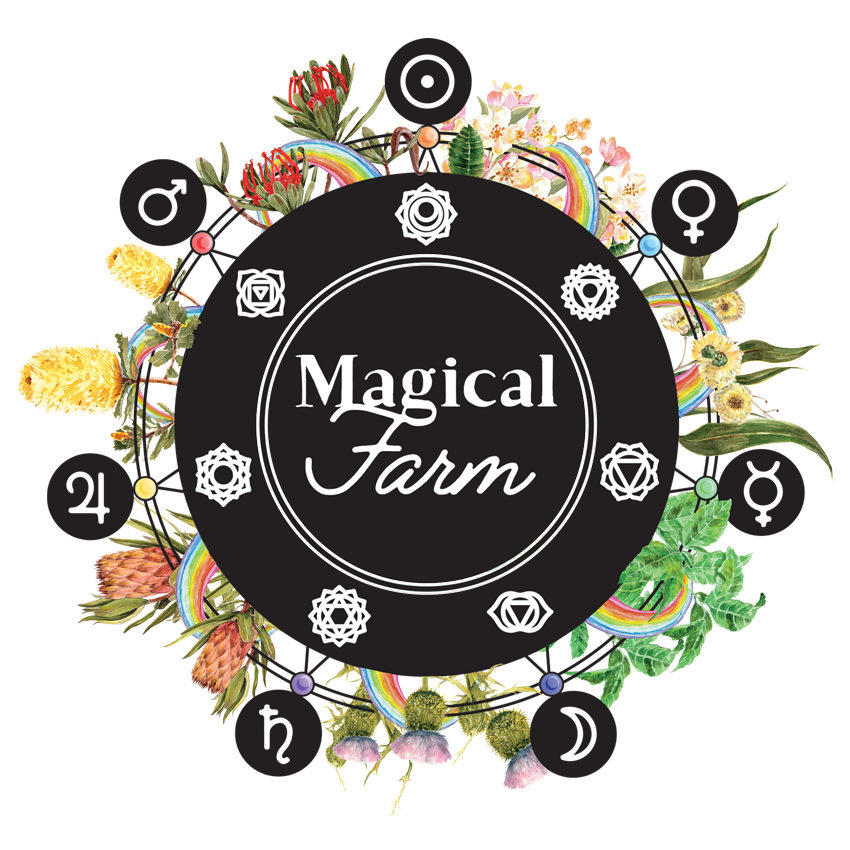by Jacob McCormack, Interdisciplinary creative and story-teller www.jacobmccormack.com
Helena Nordberg-Hodge has become renowned globally for the time she has spent taking action locally. Her pioneering shift from global to local economies began in her time spent living in Ladakhi community in Northern India. The decades spent there, as well as her studies in linguistics that in fact led her to Ladakh resulted in the creation of Local Futures – an international charity that empowers communities to regenerate ecological and social wellbeing. This is proposed mainly through shifting the economic structure and hyperlocalising such, but what remains paramount in the process of gravitating towards localisation is food.
Food is the meridian that connects all. It allows humans to connect to earth, to the soil and the biome that generates or supports all life. It also acts as a pillar for conviviality, that is the sharing of food as a means of celebrating life. Yet food can also act as an alternative to currency, radically shifting the globalised monetised paradigm of contemporary society.
On March 23, 2025, Festive Agriculture was hosted at Magical Farm. It was birthed by the implementation of food as connective tissue and Helena Nordberg-Hodge attending as an esteemed guest. Within the name Festive Agriculture resides the very notion that food, particularly when it grows from an agrarian application, requires celebration. This event acted as just that, but it also offered the opportunity to come together as a community and build resilience through localisation.
It’s important to note that amidst the catastrophic weather events of flood and drought at opposite ends of Australia the flaws of a national (and often international) supply chain system have been pronounced more than ever. Not only is it vital to create food systems that afford security in their localised form, but a localised food system also allows for connection to growers and minimised environmental damage due to fewer miles expended in order to access food.
Festive Agriculture invites us to reclaim farming as a living celebration, one that honours the cosmic and seasonal rhythms weaving through soil, sky and society. Drawing on Rudolf Steiner’s biodynamic insights, ancient harvest festivals from Shinto rice-planting to Andean Inti Raymi, and Indigenous sky-country calendars, this practice understands each farm and community as a unique spiritual individuality, attuned not only to material needs but to planetary forces and ancestral wisdom. By hosting solstice celebrations, seed swaps and communal meals, Festive Agriculture weaves food into the very fabric of cultural resilience, grounding modern localisation efforts in ceremonial and convivial joy and ecological stewardship. In the southern hemisphere, it challenges us to reinterpret northern-based festivals through local seasonal arcs and First Nations cosmologies, offering fertile ground for co-created rituals that nurture both place-based identity and regenerative futures.
The day itself allowed for a full expression of what contributes to community. Palawa man Jason Andrew Smith welcomed us all onto the land with a smoking ceremony, inviting us onto it to create a new story throughout the course of the day. A musical welcome ensued, led by Arcana Rose and her accompanying harp, only for an invitation to engage in a day-long weaving exercise instructed by Bindi using local weeds and New Zealand flax. A crop swap led by Cygnet local Kate Flint introduced many new-to-the-concept folk to an altruistic exchange of all things, specifically food. This particular aspect of the event provided a focus on how it is that seasonal gluts and high quantities of resources can allow for equal abundance and sustenance for all the community.
It was then time for a communal meal as an interlude to the day’s unfurlings. A pot-luck style feast truly exemplified the potency food carries to enact and foster connection. A brimming success that transitioned into a conversation with Helena Nordberg-Hodge wrapped in the openness of a circle. Urgency was emphasised in the need to build resilience in community, especially when it comes to resources such as food, water and habitat, and yet as the conversation allowed many found the opportunity to contribute in ways that honoured them.
This discussion spilled into the mycelial exchange – a market-type arrangement of varying stalls that showcased local farmers, artists and organisations such as biodynamics Tasmania. The exchange provided further opportunity for connection that led to closing discussions and a collective moment of music and song.
It seems easy to become tethered to the current system that disempowers and fractures the community, after all it has been set up that way intentionally so. However, events like this and adjacent expressions of communal connection allow for the true potential of life to be experienced. There is a brightness in a future ahead that presides in localisation.















